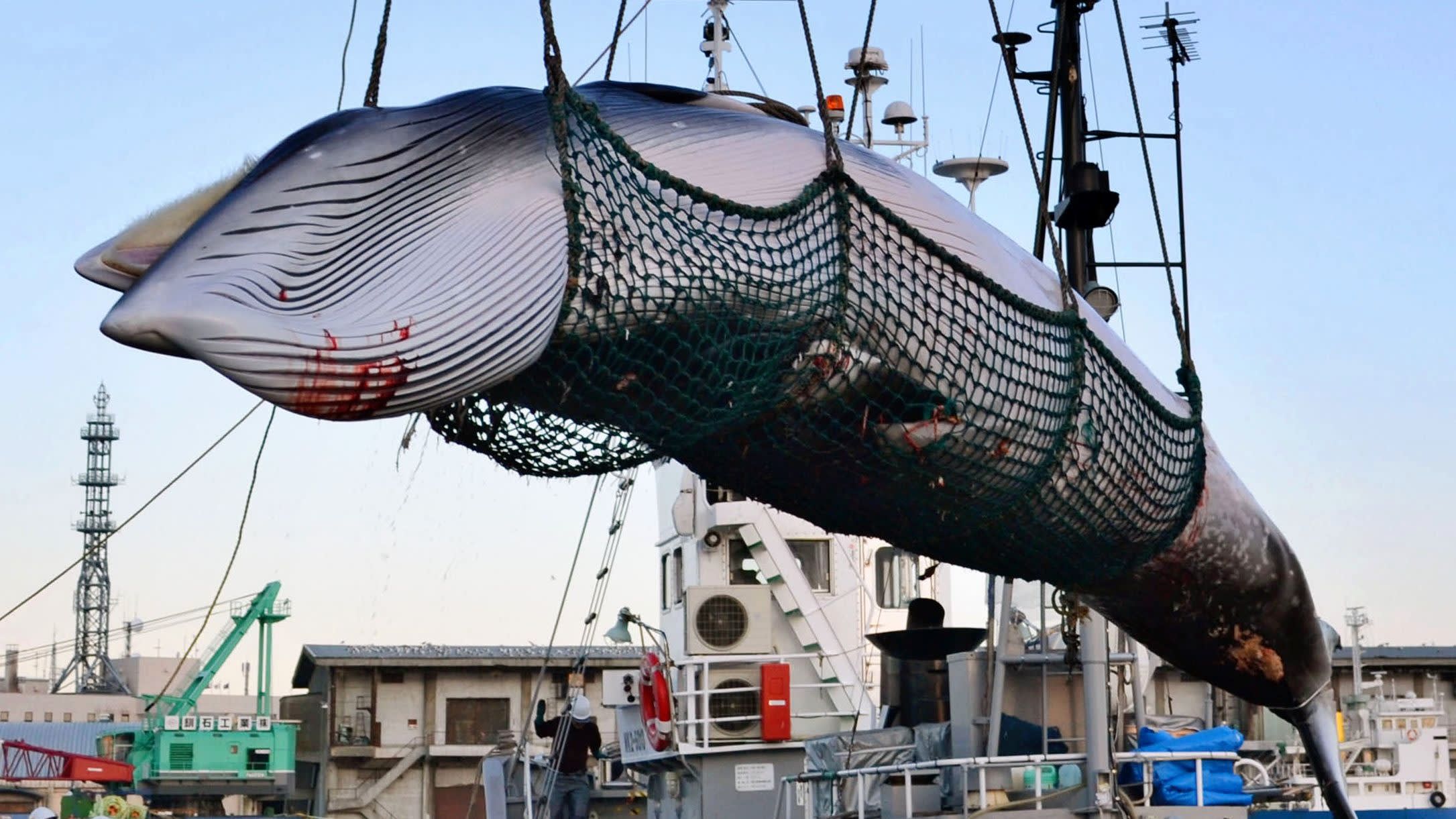11 Dec 2024

Tired Earth
By The Editorial Board

The decisions has caused a mixed reaction by different environmental groups across the world.
According to reports, Japan will inform the IWC of its decision to leave after the agency rejected their bid to resume commercial fishing just a few months ago.
Kyodo News is reporting that unnamed government officials are sourced as saying Japan will discontinue their expensive and contreversial practice of sailing to Antarctic waters and instead permit whaling fleets to operate in the countries coastal waters and exclusive economic zone.
According to The Guardian, a fisheries agency official denied the report to them stating, “Japan’s official position, that we want to resume commercial whaling as soon as possible, has not changed,” the official told the Guardian. “But reports that we will leave the IWC are incorrect.”
The IWC is responsible for setting catch limits for commercial whaling and in 1982, they decided that a commercial whaling moratorium will take place going forward due to whale populations worldwide.
Greenpeace Japan urged the Japanese government to reconsider the decision that the non-governmental organization called a “grave mistake.”
“This snub to multilateralism is unacceptable,” Sam Annesley, executive director at Greenpeace Japan, said. “We hope that Japan will reverse its decision and take its place beside the nations trying to undo the damage human activities have done to whale populations.”
But while some are arguing in against the withdrawal, Captain Paul Watson, whom is famous for leading Sea Shepherd on the front lines in fighting Japanese whalers in the Southern Ocean has explained why this is actually a good move for whale conservation
In the statement on his Facebook, he writes:
“Why is this a positive Development.
1. Because Japan has never stopped commercial whaling. They have ‘hidden’ it behind the excuse of so called ‘scientific whaling’ since 1987. They have continued commercial whaling despite the International Court of Justice ruling that there is no legal justification for their so-called ‘scientific whaling.’ Now there can be no façade, Japan has joined Norway and Iceland in their open defiance of international conservation law. All three nations are pirate whaling nations.
2. With Japan out of the International Whaling Commission, the IWC can now pass the South Atlantic Whale Sanctuary. The IWC can now focus on conservation instead of whaling. Japan has been the single greatest detriment to the IWC during its entire history.
3. The Japanese puppet nations will no longer be obligated to vote against conservation and without Japanese bribes, many will simply quit the IWC. Mongolia for example has absolutely no connection to whaling historically or practically.
4. The IWC can now vote to condemn industrial commercial whaling.
5. Japan will not be able to kill whales in the Southern Ocean. It is an internationally established whale sanctuary and the only reason Japan has been able to flaunt the law is by invoking the excuse of ‘scientific research whaling.” Overt commercial whaling is strictly prohibited in the Southern Ocean and Japan has indicated it will quit the Southern Ocean while expanding whaling in the North Pacific. This would mean that the current whaling season in Antarctic waters will be the last.
6. Japan will be able to withdraw from the Southern Ocean without losing face.
7. Opposition to illegal Japanese commercial whaling will be easier. Basically, we will be dealing with poachers. Japan will no longer be able to pretend that their commercial whaling is research whaling.
8. Sea Shepherd’s objective to end whaling in the Southern Ocean Whale Sanctuary will have been met.
The last time Sea Shepherd engaged with the Japanese whaling fleet in the Southern Ocean was for the 2016/2017 whaling season. We sent the Ocean Warrior and the Steve Irwin. Japan countered with multi-million dollar military grade surveillance making it impossible for Sea Shepherd to close in on their operations. Sea Shepherd has been unable to compete with such a massive security investment on the part of Japan. On the positive side, Japan has been forced to expend a great deal of money on security each year to maintain this edge.
Sea Shepherd’s relentless opposition to Japanese whaling in the Southern Ocean since 2002 has been a major factor in undermining Japanese whaling activities. It has cost the whalers and the Japanese government tens of millions of dollars and saved the lives of over 6,000 whales.
A whaling free Southern Ocean has been our objective for two decades and if Japan moves forward with their threat to withdraw from the IWC and to resume overt commercial whaling, this objective will be realized.”
Japan joined the IWC in 1951. The entity was established in 1948 under the International Convention for the Regulation of Whaling to conserve whales and realize the “orderly development of the whaling industry.”
Source : seavoicenews.com
Comment